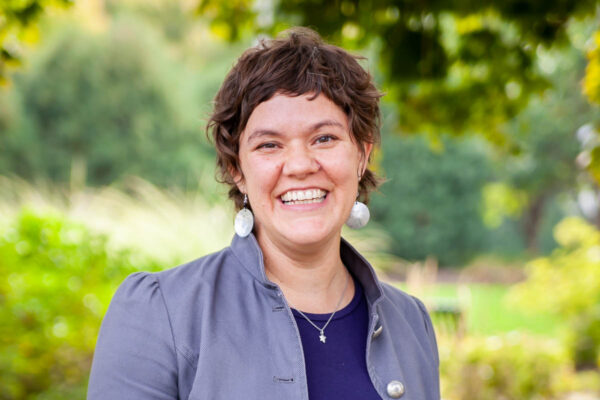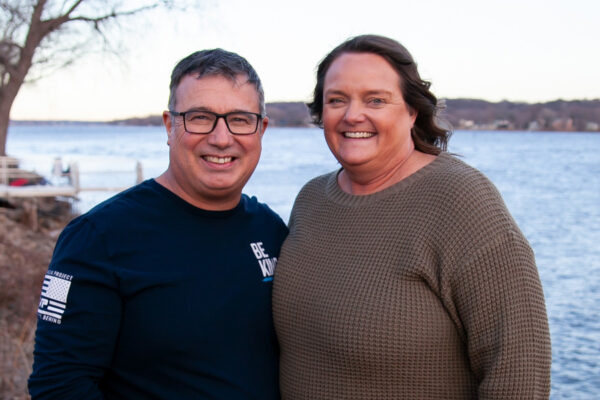Whatever
It’s been an intense week in the news. Cosby’s incarceration, the Kavanaugh/Ford hearings, and like other times these abuses have surfaced, floods of similar stories get told and re-told in solidarity and for the sake of collective healing. I’ve found myself at once drawn to social media for a sense of connection and commiseration and also dodging it and the divisive comment threads that break out. I’m avoiding these, if for no other reason than to monitor my – sometimes uncooperative – blood pressure.
In the midst, I also spent some significant time in Philippians, Paul’s short epistle to a beloved church community; a letter he penned from prison. At times when much is despairing, I find Paul’s words helpful to put into practice; especially the “whatevers.” (Philippians 4:8) “Whatever is true, right, whatever is noble, whatever is lovely…think on these things.”
Yes, in the face of tragedy, it might be helpful to remember who we are and whose we are; beloved children of God, each of us, made in the image of the Holy, called to live out the gospel, striving for justice and peace.
This is not to say the answer in trying times is to detach, bury one’s head in the sand or, worse yet, “fake it ‘til you make it.” Instead, I think times of strife and divisiveness, despair and loss are opportunities to gather in what author Austin Channing Brown calls “the shadow of hope.” (She will be presenting at St. Paul this Sunday, Oct. 7, at 10:20 a.m. and 4 p.m.)
Brown describes this “shadow of hope” in contrast to the “love” she sees white Christians often promoting.
“This aloof kind of love is useless to me,” she writes.
“I need a love that is troubled by injustice. A love that is provoked to anger when Black folks, including our children, lie dead in the streets. A love that can no longer be concerned with tone because it’s concerned with life…I need a love that is fierce in its resilience and sacrifice” (Brown 176).
Is it possible to be discouraged, wary of the future, and also trust in the hope that comes from God? One can only “hope.”
I anticipate hearing the author speak to us on Sunday, not only to be enlightened and humbled by my own position and power, but also because her wisdom ought to shed some light on our current national turmoil. After reading her book, I have a feeling she might remind us that speaking truth to power has no expiration date; whether you’re an activist peeling back the veneer of privilege, a sexual assault survivor holding powerful men to the truth-telling they say they’re up for, or a converted “Saul” daring to inspire the early church towards joyfulness, even as he remains behind bars. Each of these presents a foretaste of a hope not yet on the horizon. And “whatever” is at stake – congregationally, politically, spiritually – I’m taking this as permission to do what Paul encourages: put my mind on the things above.





Sarah Thomas
Kendra, Thank you for writing about the unsettling concerns and fears that I also share. Austin Channing Brown is a amazing young woman, I hope for change and for African American youth to live freely in our country.